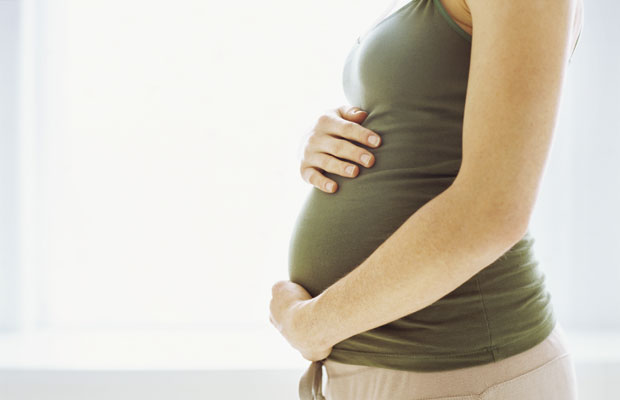TORONTO – A Tennessee mom has become the first person charged under a state law targeting prenatal drug use.

Mallory Loyola was arrested and charged earlier this week with assault after giving birth to a baby girl earlier this month.
According to the Monroe County Sheriff’s Office, Loyola and her new infant daughter were both tested positive for meth.
The 26-year-old reportedly told police she smoked the drugs a few days before giving birth.
“It’s sad to see a child not getting an opportunity to come drug-free and given a chance. We want to see our children have a chance in life,” said Monroe County Sheriff Bill Bivens in an interview with WBIR. “Children need the chance and it’s sad when you see children who come out born into the world already addicted to drugs.”
In April, Tennessee became the first state in the United States to allow charges to be brought against new mothers “for the illegal use of a narcotic drug while pregnant, if child is born addicted to or harmed by the narcotic drug.”
The legislation took effect July 1 and was enacted in the state’s latest effort to deal with a rise in infants born with Neonatal Abstinence Syndrome (NAS), a withdrawal syndrome in some infants due to the cessation of drugs.
According to Tennessee Department of Health Statistics, the number of babies born with NAS over the past 10 years “has increased nearly ten-fold – placing a heavy burden on state’s taxpayers who pay for health care.”
- 2 teens charged with murder in case of 16-year-old killed outside Halifax mall
- Green Party deputy leader given jail sentence for Fairy Creek old growth protests
- Cars torched, explosions heard in suspected arson in Montreal neighbourhood
- Gas station clerk stabbed several times during violent attack at Ultramar in Montreal
The bill states that “nothing shall preclude prosecution of a woman for an assaultive offense for the illegal use of a narcotic drug while pregnant, if her child is born addicted to or harmed by the narcotic drug.”
While drug possession and drug sales can result in criminal charges, states typically do not arrest people simply for using drugs.
“Addiction is considered to be a medical issue, and under the Constitution’s definition of cruel and unusual punishment, states aren’t allowed to criminalize those types of disorders,” said Tara Culp-Ressler in an editorial. “But Tennessee is making an exception for pregnant people.”
In 2013, the state enacted the Safe Harbor Act. Under that legislation, mothers “would not lose parental rights if they came forward and entered drug treatment rehabilitation programs.”
Supporters of the new bill said the Safe Harbor Act, however, did not go far enough in reducing the rates of babies born with NAS or punishing pregnant drug abusers.
But critics argue that the new law “ignores he fact that legally prescribed narcotics can also result in NAS” and that “prescription painkillers alone were the cause of 14,800 overdose deaths in 2008, more than cocaine and heroin combined.”
Those against the new law say women who enter drug addiction programs would not be charged, but critics say that treatment programs are not accessible to everyone and “may ultimately leave the poorest and most isolated women facing incarceration.”
“Tennessee families who are already being hit the hardest by policies such as the failure to expand Medicaid, poverty and a lack of available drug treatment facilities will be most deeply impacted by this bill,” said Cherisse A. Scott, founder and CEO of SisterReach, a Tennessee-based group focused on women’s reproductive rights. “Poor mothers and their families will be the ones who suffer the effects of this dangerous legislation the most.”
Several medical groups in the United States have also released public statements stating that criminal prosecution of chemically dependent women will have “the overall result of deterring such women from seeking both prenatal care and chemical dependency treatment.”
“Pregnant women will be likely to avoid seeking prenatal or open medical care for fear that their physician’s knowledge of substance abuse or other potentially harmful behavior could result in a jail sentence rather than proper medical treatment,” said the American Medical Association.
“Seeking obstetric–gynecologic care should not expose a woman to criminal or civil penalties, such as incarceration, involuntary commitment, loss of custody of her children, or loss of housing,” said the American College of Obstetricians and Gynecologists. “These approaches treat addiction as a moral failing. Addiction is a chronic, relapsing biological and behavioral disorder with genetic components. The disease of substance addiction is subject to medical and behavioral management in the same fashion as hypertension and diabetes.”
During a legislative summit on Healthy Infants and Families Atlanta, Georgia earlier this year, the non-profit organization The Council of State Governments said that states should “adopt, as preferred methods, prevention, intervention, and treatment alternatives “rather than punitive actions to ameliorate the problems related to perinatal exposure to drugs and alcohol.”




Comments